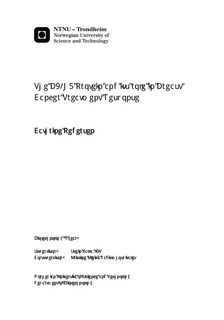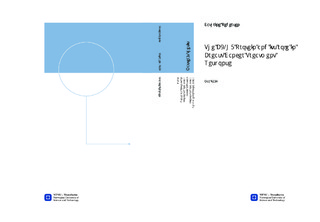| dc.description.abstract | Breast cancer is the most common cancer type amongst women, and closer to 3000 women in Norway will be diagnosed with this disease in 2012. Although major improvements have been achieved in the treatment, and thus the outcome, of breast cancer patients in the past years, little has been accomplished for those with an advanced disease. B7-H3 is an immunoregulatory protein, and its overexpression has been associated with advanced disease and poor prognosis in breast cancer. A previous study has shown that B7-H3 silencing increased Paclitaxel sensitivity in B7-H3 expressing breast cancer cell lines. Resistance to treatment is a general challenge in systemic management of advanced breast cancer, and increased knowledge about the molecules and pathways involved in this process is important in order to improve the outcome for these patients.To further study the function of B7-H3 and its putative involvement in lack of treatment response in breast cancer, we compared the efficacy of 22 different anti-cancer drugs in two B7-H3 expressing triple negative metastatic breast cancer cell lines, MDA-MB-435 and MDA-MB-231, and their B7-H3 silenced counterparts. In particular two drugs targeting the PI3K/Akt pathway, API-2 and Everolimus, showed a significantly better efficacy in the B7-H3 silenced cells. To elucidate the cellular mechanisms involved in the observed sensitization in the B7-H3 knockdown cells, we performed Western blot analysis on several proteins in the PI3K/Akt/mTOR pathway. The cells that did not express B7-H3 had lower levels of both phospho-Akt and the downstream signaling molecule phospho-p70S6K following drug exposure, indicating B7-H3 associated the regulation of proteins in this pathway. This, together with the previously observed relationships between B7-H3 expression in metastasis and chemoresistance, suggest that this protein might be a therapeutic marker to increase the effect of current anti-cancer treatment, although the specific roles of B7-H3 in this context need to be investigated further. | nb_NO |

